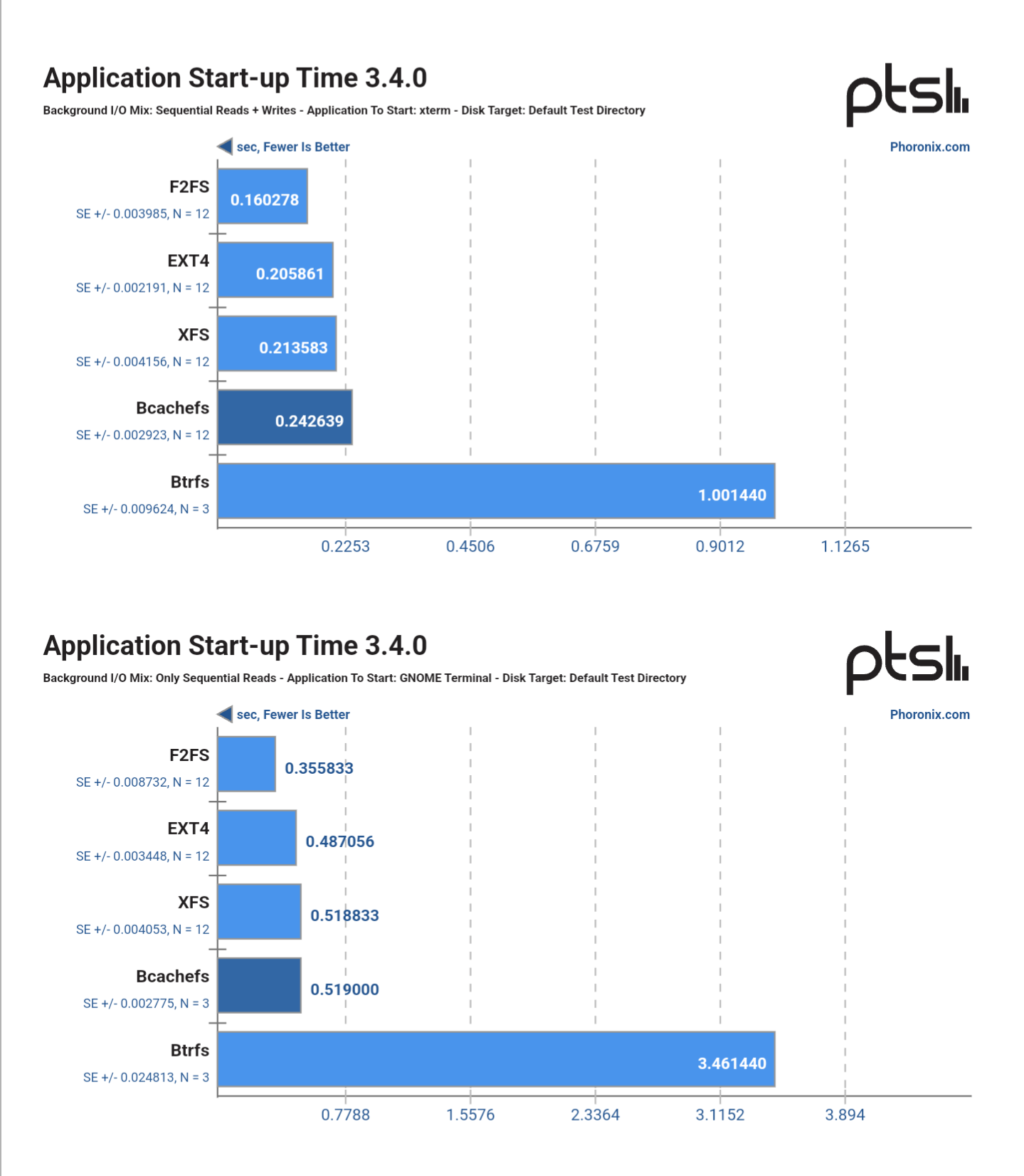this post was submitted on 10 Nov 2023
119 points (99.2% liked)
Linux
48665 readers
603 users here now
From Wikipedia, the free encyclopedia
Linux is a family of open source Unix-like operating systems based on the Linux kernel, an operating system kernel first released on September 17, 1991 by Linus Torvalds. Linux is typically packaged in a Linux distribution (or distro for short).
Distributions include the Linux kernel and supporting system software and libraries, many of which are provided by the GNU Project. Many Linux distributions use the word "Linux" in their name, but the Free Software Foundation uses the name GNU/Linux to emphasize the importance of GNU software, causing some controversy.
Rules
- Posts must be relevant to operating systems running the Linux kernel. GNU/Linux or otherwise.
- No misinformation
- No NSFW content
- No hate speech, bigotry, etc
Related Communities
Community icon by Alpár-Etele Méder, licensed under CC BY 3.0
founded 5 years ago
MODERATORS
you are viewing a single comment's thread
view the rest of the comments
view the rest of the comments

RAID doesn't checksum and heal the rotten data. It's game over before you even have a filesystem on top of it, because said filesystem can't directly access the underlying disks because of the RAID layer.
Errors will occur, and RAID has no way of handling it. You have a RAID1, disk 1 says it's a 0, disk 2 says it's a 1. Who's right? RAID can't tell, btrfs and ZFS can. RAID won't even notice there's a couple flipped bits, it'll just pass them along. ZFS will just retry the read on both disks, pick the block that matches the checksum, and write the correct data back on the other disk. That's why people with lots of data loves ZFS and RAIDZ.
The solution isn't more reliable hardware, the solution software that can tell you and recover from your failing hardware.